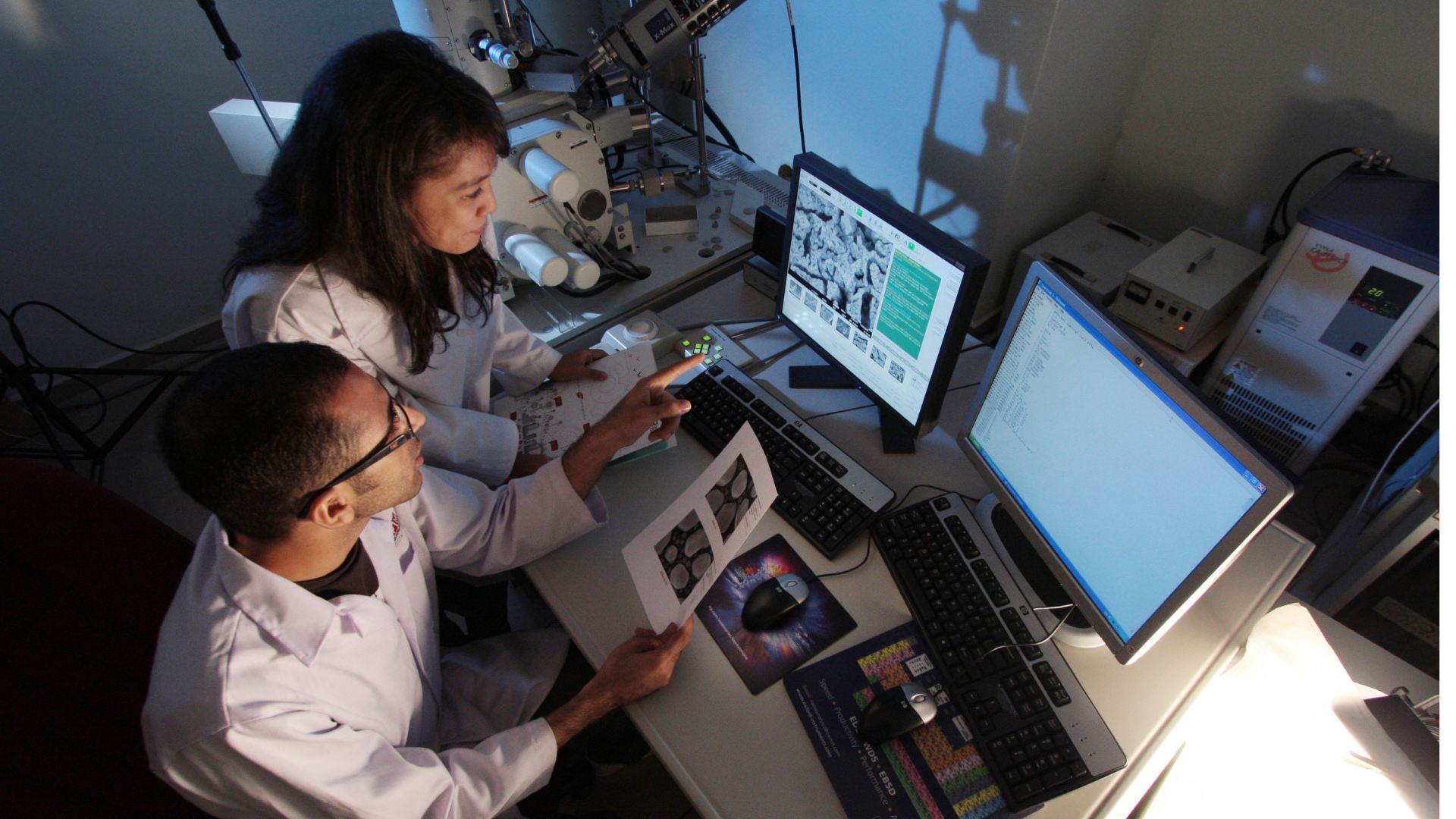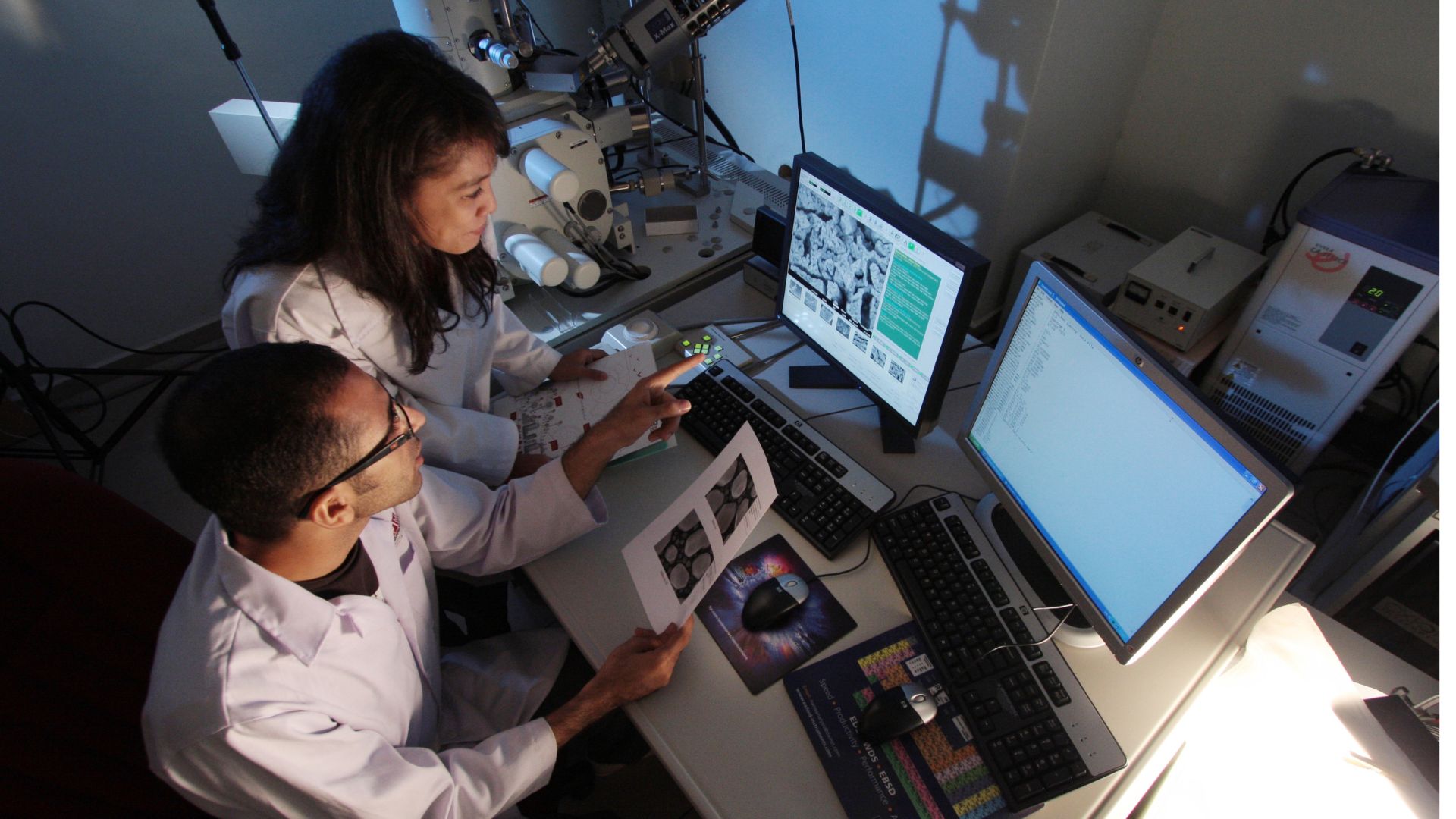Lab-on-a-Chip: The Game-Changing Tool Revolutionizing Bioresearch

Miniaturization has transformed the tech industry, and now it's revolutionizing biotechnology with Lab-on-a-Chip (LoC) technology. These compact devices integrate multiple laboratory functions onto a single microchip, allowing researchers to conduct complex experiments with minimal materials, time, and cost. By shrinking biological and chemical processes to the microscale, LoC is making research more accessible and efficient.

One of the key benefits of Lab-on-a-Chip technology is its ability to perform rapid chemical and biological analysis. Traditional lab processes often require large samples, expensive reagents, and lengthy preparation times. LoC devices, however, can process tiny volumes of liquids, enabling high-throughput screening and real-time monitoring of reactions with greater precision. This efficiency is particularly useful in fields such as environmental testing, food safety, and synthetic biology.

Another advantage of LoC systems is their portability. Researchers can carry out sophisticated experiments outside of traditional laboratory settings, such as in field research or remote locations. For example, portable LoC devices can be used for detecting contaminants in water sources, monitoring soil health, or analyzing biochemical interactions in real time. This mobility opens new possibilities for on-the-ground scientific investigation.

As Lab-on-a-Chip technology continues to evolve, it is expected to drive advancements in automation, data integration, and artificial material synthesis. With further development, LoC systems could replace many bulky, expensive lab instruments, democratizing research and making high-level biotech experimentation available to a wider audience. The future of biotechnology is not just in large labs—it’s in the palm of our hands.

